On December 4, 2019, Grand Challenges Explorations grants were announced for 29 researchers from 12 different countries around the world. Each will receive US$100,000 to conduct early-stage research projects focusing on one of three global health and development challenges selected for this Round.

Marnie Winter of the University of South Australia, together with Tina Bianco-Miotto, Claire Roberts, and Clare Whitehead of the University of Adelaide in Australia and the University of Toronto in Canada, will develop and test short-interfering RNAs (siRNA) high-density lipoprotein (HDL) nanocarriers for the treatment of preeclampsia.
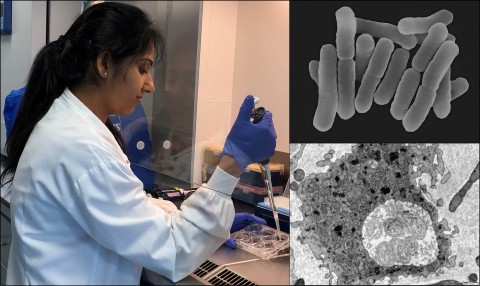
Andrew Jackson of the University of Liverpool in the United Kingdom will determine whether the amoeba, Acanthamoeba, which is commonly found in water and soil, acts as a host for Salmonella Typhi bacteria, which cause typhoid fever, to support growth and disease spread in Malawi.
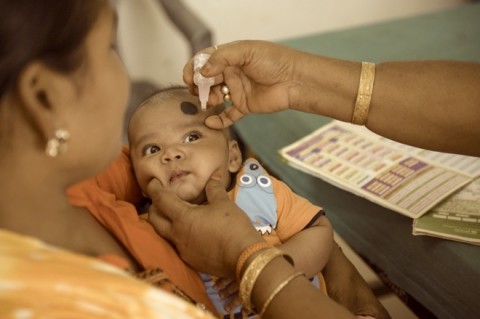
Anita Shet of Johns Hopkins School of Public Health in the U.S. will seek to increase childhood vaccination coverage in India and Nigeria by identifying opportunities for catch-up vaccinations when under-vaccinated children are hospitalized.
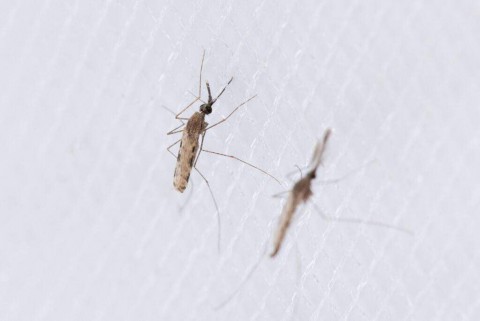
Fredos Okumu of the Ifakara Health Institute in Tanzania will develop technology to evaluate mosquito control interventions using a combination of artificial intelligence, infrared spectroscopy, and entomology.
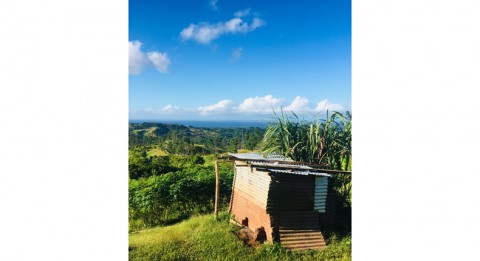
Gemma Langridge of Quadram Institute Bioscience in the United Kingdom, along with co-investigators Aaron Jenkins of the University of Sydney in Australia and France Daigle of the University of Montreal in Canada, will collect different isolates of S. Typhi, which causes typhoid fever, to analyze genomic structure, growth, and gene expression to better understand how it can survive at low levels in water, and determine how it can be reactivated for monitoring.
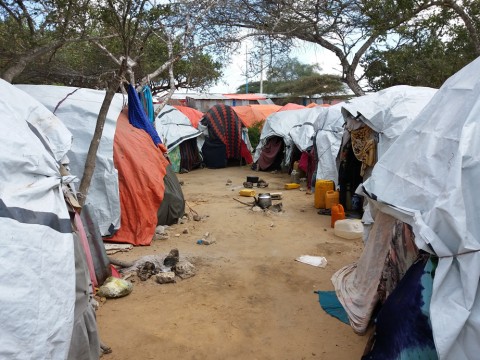
Andrew Seal of the Institute for Global Health and Development in the United Kingdom will test whether traditional female social groups in Somalia can adopt a participatory learning and action (PLA) approach to improve vaccine knowledge and coverage in humanitarian settings.
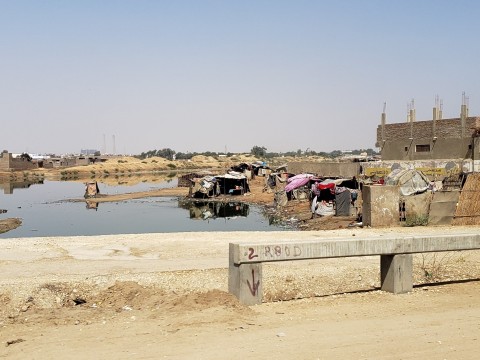
Windy Tanner and Jim VanDerslice of the University of Utah in the U.S., together with colleagues from Mehran University of Engineering and Technology in Pakistan, will analyze water samples to determine the conditions that promote the survival of the typhoid fever causing bacterium Salmonella Typhi, and they will use metagenomic deconvolution to identify any gene exchange from other microbial species that may produce drug-resistant strains.
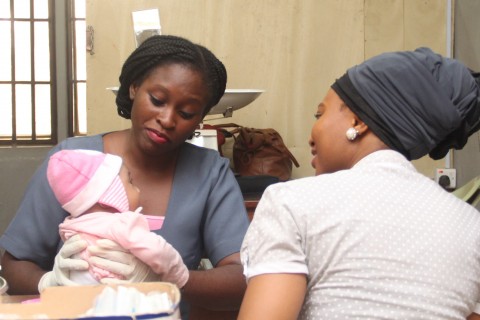
Olukemi Amodu, Mofeyisara Omobowale and Folakemi Amodu of the University of Ibadan College of Medicine in Nigeria will develop a three-part intervention to provide more convenient and accessible vaccinations for children of working mothers to increase the timeliness and completion of childhood vaccinations.
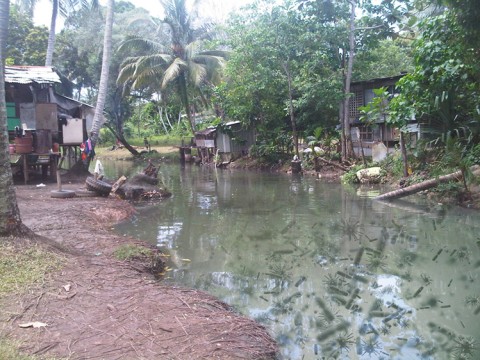
Andrew Greenhill of Federation University Australia in Australia, along with partners at the Papua New Guinea Institute of Medical Research, will use advanced environmental microbiology methods to study microbial community dynamics associated with survival of the typhoid fever-causing bacterium Salmonella Typhi in aquatic environments in Papua New Guinea.
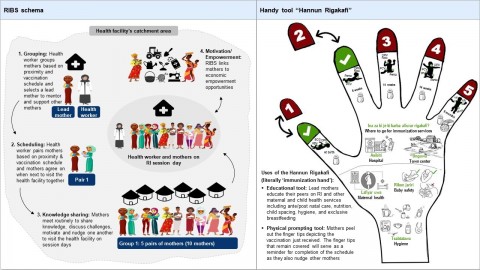
Itoro Ata of the Solina Center for International Development and Research in Nigeria will implement a program to support unemployed mothers in Nigeria by linking education on the importance of vaccinations with vocational skills education and training to improve immunization coverage.